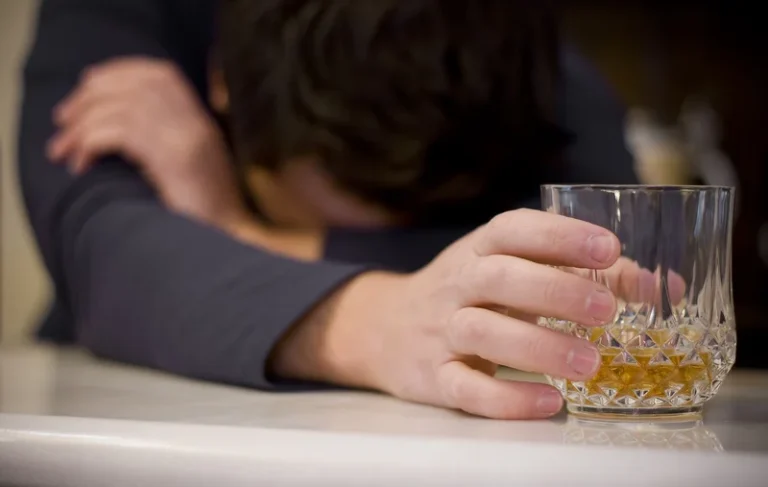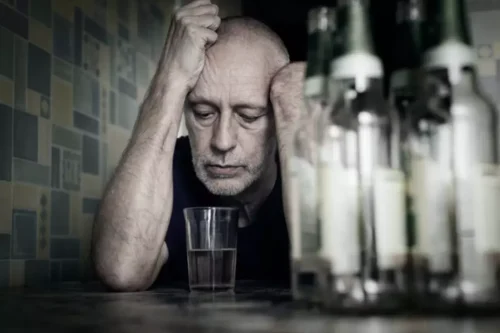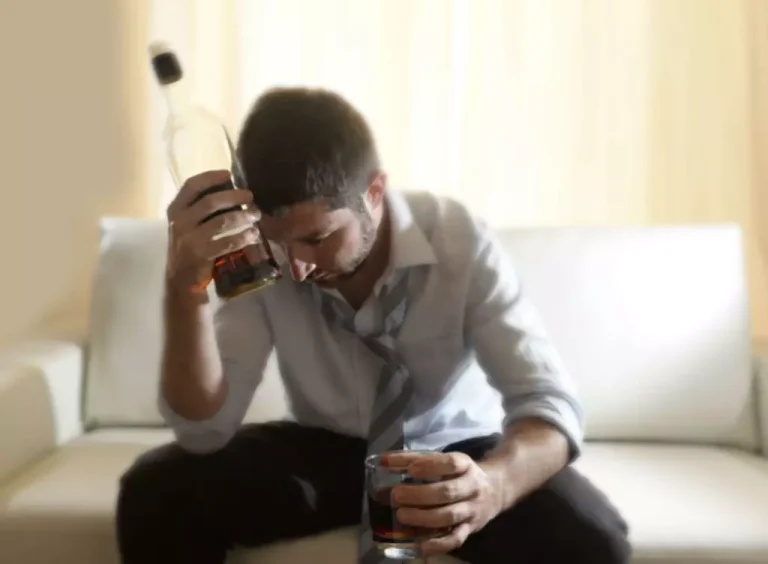
If you or anyone you know is undergoing a severe health crisis, call a doctor or 911 immediately. For example, research suggests panic disorder typically exhibits a relatively strong association with AUDs, whereas obsessive-compulsive disorder has the weakest relationship with alcohol disorders. Social anxiety disorder is one of the best examples of alcohol use to ease inhibitions and facilitate social interactions. Continue reading to learn about alcohol and anxiety, their interplay for health implications, and recovery treatment.
Using Alcohol to Control Stress and Anxiety
If you’re experiencing panic attacks after drinking, consider limiting alcohol intake and seeking support from a healthcare provider. Alcohol and drug abuse can make symptoms of a mental health problem worse. Substance abuse may sharply increase symptoms of mental illness or even trigger new symptoms. Abuse of alcohol https://ecosoberhouse.com/ or drugs can also interact with medications such as antidepressants, anxiety medications, and mood stabilizers, making them less effective at managing symptoms and delaying your recovery. Long-term heavy drinkers are particularly vulnerable to developing an anxiety disorder, such as post-traumatic stress disorder.
- Practice deep breathing, mindfulness, and progressive muscle relaxation.
- This latter finding suggests that state anxiety that occurs during early abstinence can lead respondents to consider their increased anxiety levels as more chronic than they actually are.
- Anxiety disorders are a potential comorbidity of alcohol use disorder (AUD).
Social embarrassment
People often abuse alcohol or drugs to ease the symptoms of an undiagnosed mental disorder, to cope with difficult emotions, or to temporarily change their mood. Unfortunately, self-medicating with drugs or alcohol causes side effects and in the long run often worsens the symptoms they initially helped to relieve. This class of drugs provides temporary relief from uncontrollable feelings of anxiety. Popular benzos used to treat anxiety disorders include alprazolam (Xanax), diazepam (Valium) and lorazepam (Ativan). Another study, published by scientists at the University of North Carolina School of Medicine, found that heavy drinking affects brain circuitry, making people more vulnerable to anxiety problems. The study also found that people with a history of alcohol abuse are at an increased risk for developing PTSD after a traumatic event.
Common signs and symptoms of depression
It tamps down our body’s fight-or-flight response by suppressing the amygdala. Alcohol changes the levels of serotonin and neurotransmitters in the brain. These chemicals help regulate our mood, so we lose those safeguards when alcohol lowers these levels. The fact that all these physiological changes can cause symptoms so similar to those of a panic attack can trick your brain into having a real one.

Treatment options for alcohol use disorder
Studies have shown that the brain changes caused by excessive alcohol use can heighten the risk of developing anxiety disorders, creating a feedback loop that is difficult to break. Yes, it’s possible to have a panic attack after drinking alcohol, particularly if you’re prone to anxiety. Alcohol can affect neurotransmitters in the brain and lower inhibitions, potentially triggering or exacerbating panic symptoms.

Why Do You Feel Anxiety After Drinking Alcohol?
Your anxiety after drinking results from chemical processes in your brain and is not necessarily a reasonable response to your situation or behavior. The anxiety comes from alcohol withdrawal and maybe not something you did or said. does alcohol cause anxiety attacks Let’s break down the relationship between alcohol and anxiety, and discuss how to find relief from anxiety without drinking. When these symptoms become overwhelming, the person might have an alcoholic drink to try to calm down.

Related Articles About Anxiety Disorder
Dealing with substance abuse, alcoholism, or drug addiction is never easy, and it’s even more difficult when you’re also struggling with mental health problems. However, people with anxiety disorders frequently have intense, excessive and persistent worry and fear about everyday situations. Often, anxiety disorders involve repeated episodes of sudden feelings of intense anxiety and fear or terror that reach a peak within minutes (panic attacks). Sometimes, it’s mild, and other times, it can culminate in severe panic attacks. Several factors can influence the severity of drinking-related anxiety, including the amount of alcohol consumed, individual susceptibility, and overall mental health or comorbid conditions.

Alcohol and Panic Attacks: What’s The Relationship?
But people who drink frequently may develop a tolerance to alcohol, so that they need to drink more alcohol to experience the feelings that they desire. Forty million individuals aged 18 and above in the United States alone, or 18.1% of the United States adult… Awareness of anxiety disorders is essential because they can make you more susceptible to alcohol-induced anxiety. To determine if you are suffering from anxiety, take our quick online test. Any anxiety can increase the likelihood of developing an alcohol use disorder. You may also have very low blood sugar and physical pain from other hangover symptoms the morning after drinking.
- Knowing how alcohol affects anxiety may make it less tempting to have a drink to cope.
- If you struggle with social anxiety, the festive season can bring additional challenges.
- This anxiety may be the result of the chemical withdrawal, but is also often related to people using anxiety as a way to self-medicate for stress.
- Cynthia Catchings is a trilingual licensed clinical social worker-supervisor, mental health consultant, professor, and trainer for federal law enforcement agencies.
- Together, these results suggest that women may be more likely to rely on alcohol to manage anxiety.
- Nowadays, the internet can also offer tools for keeping track of drinking habits, setting goals, and providing relapse-prevention techniques.